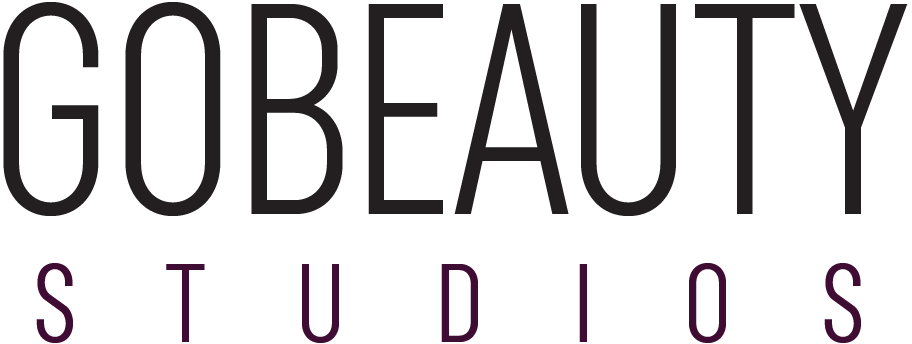
The skin is a reflection of the body’s internal health. When it looks healthy, radiant, and well-maintained, it indicates a balanced diet, proper skincare, and overall well-being. On the other hand, issues like breakouts, dullness, dryness, or excessive oiliness can be signals of internal imbalances, often linked to an unhealthy diet.
How exactly does nutrition affect the skin, and what foods should be included in your daily diet to maintain its health?
1. Why Is Nutrition Important for the Skin?
The skin performs many essential functions: it protects the body from external influences, regulates temperature, removes toxins through pores, and plays a role in metabolism. To stay healthy, it requires vital nutrients, including vitamins, minerals, antioxidants, proteins, and healthy fats.
A deficiency of these components can lead to:
- Breakouts and acne
- Excessive dryness or oiliness
- Dull complexion
- Premature wrinkles
- Inflammation and irritation
Nutrition directly affects cell function, skin hydration levels, and its ability to regenerate.
2. Best Foods for Healthy Skin
To maintain a healthy and glowing complexion, include nutrient-rich foods in your diet.
Omega-3 fatty acids help maintain skin elasticity, reduce inflammation, and hydrate the skin from within.
Found in:
- Fatty fish (salmon, mackerel, sardines)
- Flaxseeds and chia seeds
- Walnuts
Vitamin C boosts collagen production, enhances skin radiance, and fights free radicals.
Found in:
- Citrus fruits (oranges, lemons, grapefruits)
- Bell peppers
- Kiwi
- Strawberries and blueberries
Vitamin E protects skin cells from UV damage and aids in healing minor skin injuries.
Found in:
- Avocados
- Nuts and seeds (almonds, sunflower seeds)
- Olive oil
Proteins are essential for collagen and elastin production, which maintain skin firmness and elasticity.
Found in:
- Chicken
- Eggs
- Legumes (chickpeas, lentils)
- Dairy products
Water is essential for maintaining hydration and a radiant complexion. It helps balance moisture levels, flush out toxins, and prevent dryness.
It is recommended to drink at least 1.5–2 liters of water daily. Green tea, coconut water, and herbal infusions also contribute to hydration.
3. Foods That Harm the Skin
Some foods can negatively impact the skin, leading to breakouts, premature aging, or excessive oiliness.
Sugar and simple carbohydrates cause insulin spikes, triggering inflammation and acne.
Found in:
- Sweets
- Sugary sodas
- Pastries made from white flour
Fast food and trans fats impair blood circulation, contribute to inflammation, and increase bad cholesterol levels.
Found in:
- Chips and fries
- Margarine
- Processed sauces and mayonnaise
Alcohol and caffeine lead to dehydration, making the skin dry and prone to wrinkles.
It’s best to limit alcohol and coffee consumption, replacing them with water, herbal teas, or natural juices.
4. The Role of Antioxidants in Skin Health
Antioxidants help combat free radicals, which accelerate cell aging. The best natural sources of antioxidants include:
- Berries (blueberries, raspberries, cranberries)
- Pomegranates
- Dark chocolate (at least 70% cocoa)
- Green vegetables (spinach, broccoli)
5. Additional Tips for Healthy Skin
Beyond proper nutrition, a few key habits can enhance skin health:
- Getting enough sleep (at least 7–8 hours per night) promotes cell regeneration.
- Regular physical activity improves blood circulation and oxygen supply to the skin.
- Quitting smoking helps preserve skin youthfulness and elasticity.
- Proper skincare (cleansing, moisturizing, and SPF protection) complements the effects of a healthy diet.
Final Thoughts
Nutrition directly affects skin health. Including vitamin-rich foods, proteins, healthy fats, and antioxidants in your diet contributes to a radiant, youthful complexion. At the same time, avoiding harmful foods helps prevent breakouts, premature aging, and other skin issues.
A balanced approach to nutrition, combined with skincare and healthy habits, will keep your skin glowing, firm, and youthful for years to come.

